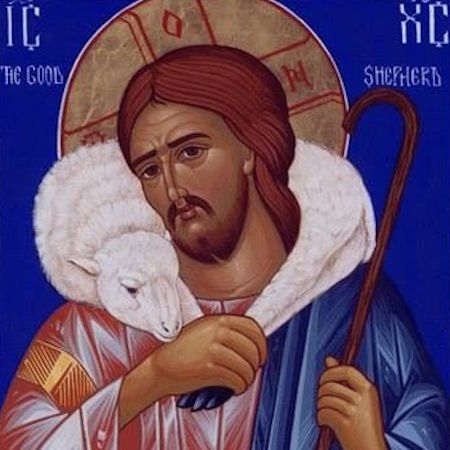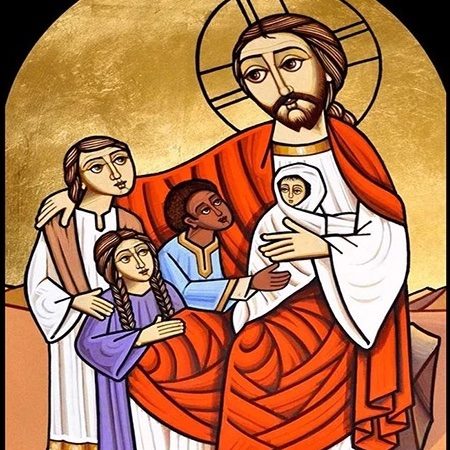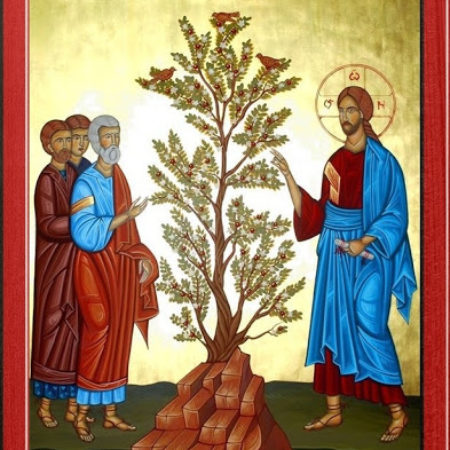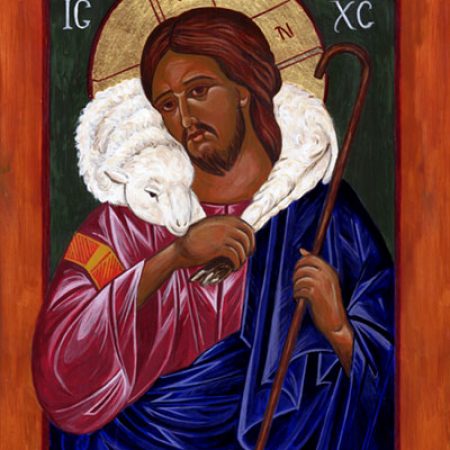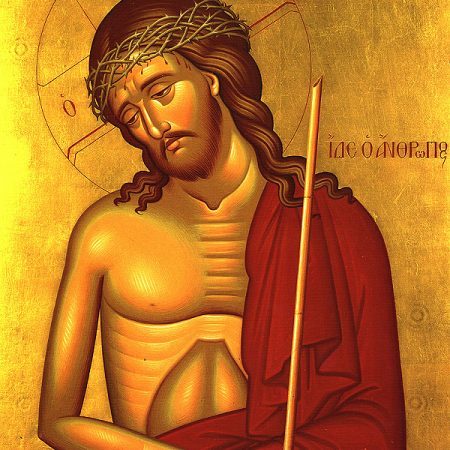God reaches out to us through babies and elderly folks with a message of love and redemption that cuts through the theological justifications of empire and warmongering and calls us to peace.
Sermons on Culture
The usual interpretation of the binding of Isaac is that God requires us to sacrifice everything, even, if asked, our own children. But could a contextual awareness reveal a more life-giving reading?
Jesus did not come with the goal of making some gentle improvements to the status quo, but to disable the status quo by exposing its lies and revealing its victims. Without our culture being radically converted by that, the result is escalating chaos, to which Jesus offers himself as a victim and calls us to do the same.
Jesus comes to break us free from oppressive understandings of God and of God’s expectations of us.
The Holy Spirit is breathing sacred life into all creation and continually working for the making sacred of all creation.
Being God’s people can be awkward. Our actions of love and care stand against the me-first culture, and to seek justice, love, and a better world.
The Kingdom of God can only be accepted the way a child welcomes a hug, not the way lawyers accept a divorce settlement.
The power of God is that a contagion of life—of transformation, hope, and peace—is more powerful than a contagion of death.
The culture of God rises in defiance of the empires of this world, but it will look more like an annoying outbreak of self-sown, invasive weeds than an alternative empire.
In a world dominated by arrogant and exploitative leaders, Jesus models a gentle shepherding leadership that prioritises the reintegration of the broken over the drive for “success” and “efficiency”.
Until our eyes are opened to discern the dog-domination and pig-powers that oppress us from within our culture, we will continue to be trampled underfoot by them
Where affluence creates consumers, abundance creates neighbours. It is the ethic of possessions which Jesus commends to us as a promise of how God deals with us.
In the culture of Jesus, the very conditions that create discomfort, struggle, suffering and even scorn, paradoxically are transformed into the essential ingredients to inherit and inhabit the kingdom of God.
The forgiveness encountered in Jesus is extravagant and all-inclusive, but those who determinedly reject and demonise the Spirit’s winds of change can cut off their own access to it.
Our generation is very good at identifying evils and calling them out, but if our hearts are not occupied by God’s love and mercy, the results can be disastrous.
Jesus calls us to neither conservatism nor iconoclasm, but to a faithful reckoning with the gifts and the sins of the past as we welcome and adapt to the new.
Faithful waiting for for the fulfilment of God’s promises can leave us feeling compromised and alienated in the world around us.
The culture of God’s beloved Son is born at the cross and takes root amidst a hostile world, spreading forgiveness and hospitality.
The biblical pictures of marriage reflect our struggle to live our way into the vulnerable intimacy and relational fruitfulness that God wants for us and with us.
The saints of God are engaged in a war between conflicting empires battling for control of the world, but Jesus has radically transformed our understanding of how we fight.




